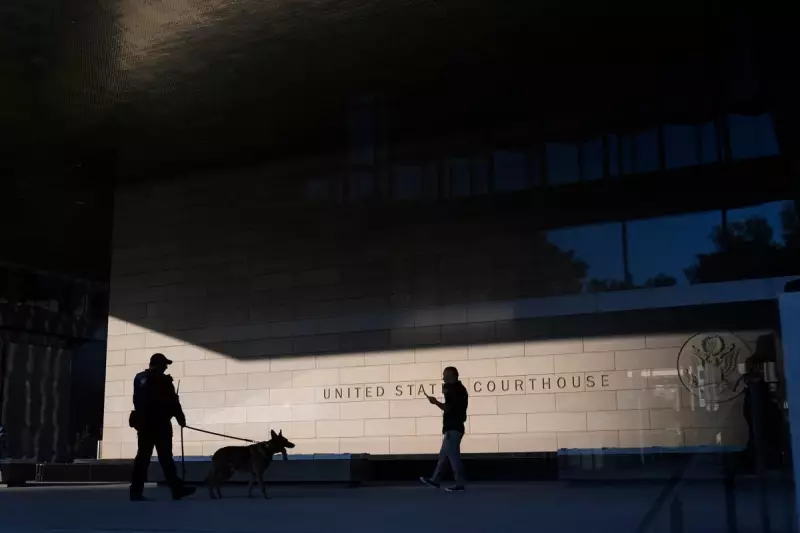
The longest government shutdown in American history has officially concluded, but its damaging consequences continue to ripple through the nation's justice system, leaving thousands of court-appointed defence lawyers unpaid and defendants' constitutional rights in jeopardy.
Payment Crisis Grips Legal System
Thousands of federally funded defence attorneys, known as Criminal Justice Act panel attorneys, along with their support teams including paralegals, investigators and expert witnesses, haven't received payment since June. This financial paralysis stems from a $130 million shortfall in the Defender Services programme funding, which completely exhausted its budget on 3rd July.
These legal professionals had been promised deferred payments once Congress approved a new budget, but as the government shutdown extended for months, many found themselves unable to proceed with existing trials or accept new clients. Nationally, CJA lawyers handle approximately 40% of cases where defendants cannot afford legal representation, making this funding crisis a fundamental threat to the justice system.
Constitutional Rights Under Threat
The situation has become particularly severe in the Central District of California, the largest and most complex federal trial court in the United States. Out of roughly 100 defence lawyers serving the district, about 80 have stopped accepting new cases entirely.
Michael Chernis, a CJA panel attorney in southern California, revealed the stark reality during the shutdown. "The system's about to break," he warned. Chernis hasn't taken new cases since August and has been forced to take out loans to meet his law firm's payroll obligations.
The human impact extends beyond lawyers to their clients. Christian Cerna-Camacho, arrested in June for allegedly punching a federal officer during a protest against Trump's immigration policies, has seen his trial delayed by at least three months. His lawyer reported that investigators cannot continue working without payment, while Cerna-Camacho remains unable to find construction work while wearing an ankle monitor that poses safety risks on site.
Systemic Collapse and Future Concerns
Judge Robert Conrad, director of the Administrative Office of the US Courts, confirmed in a recent memo that panel attorneys should begin receiving payments as early as next week. The resolution passed by Congress to fund the government through 30th January provides an additional $114 million for the Defender Services programme specifically to address the backlog of payments.
However, Conrad has warned that the crisis is far from over. A spending bill pending for the 2026 fiscal year remains $196 million short and will likely exhaust funds to pay CJA panel attorneys again by June 2026.
The situation has become so dire that judges are taking extraordinary measures. Just hours before the government shutdown ended, Judge John A. Mendez in the Eastern District of California dismissed a criminal case against a man indicted for methamphetamine distribution. In his ruling, Mendez emphasised that "The right to effective assistance of counsel is a bedrock principle of this country and is indisputably necessary for the operation of a fair criminal justice system."
California's Central District Chief Judge Dolly Gee wrote in an October letter that without additional funding, "we will soon be unable to appoint counsel for all defendants who are constitutionally entitled to representation." She warned that judges may face the prospect of dismissing cases for defendants who cannot retain lawyers, fundamentally undermining the justice system.
As David Kaloyanides, a CJA panel attorney in Los Angeles, summarised: "We don't do this appointed work because of the money, we do it because we're dedicated. But we also can't do it for free." His caseload is now so full that he's scheduling trials for 2027, while many clients wait in jail, highlighting the profound consequences of this ongoing funding crisis.





